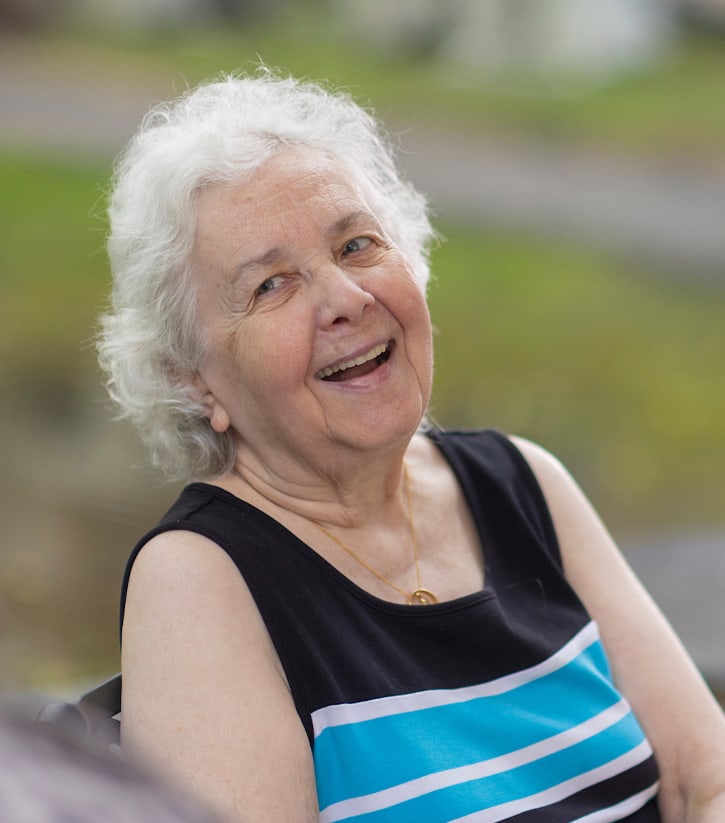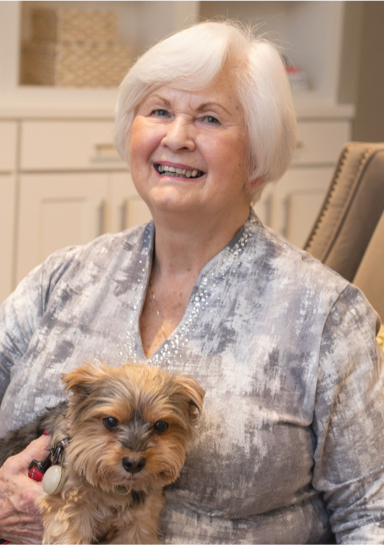Being a caregiver for a loved one is one of the most rewarding roles you can take on, but it can also be one of the most challenging. Caregiver burnout is a state of physical, emotional, and mental exhaustion caused by prolonged and overwhelming stress from the demands of caregiving.
Recovery from burnout can take time. But how much time? There is no set timeline as it can depend on several factors, including:
- The severity of caregiver burnout
- Available care and support systems
- Personal commitment to self-help strategies
It’s okay to ask for help. Respite care services can provide a much-needed break or temporary support for caregivers and can benefit loved ones too.
What Is Caregiver Burnout?
Caregiver burnout is a common experience among family caregivers and adult children who provide ongoing support for aging parents or loved ones with chronic conditions. Balancing the emotional and physical demands of caregiving can come at the expense of a caregiver’s own well-being.
Caregiver burnout is more than just feeling tired after a long day. Burnout can manifest as a deep sense of fatigue, frustration, and even a loss of motivation to care for those in need. Many caregivers experience this quietly, pushing through, but failing to address burnout can impact both their physical and mental health.
Signs & Symptoms of Caregiver Burnout
Caregiver burnout can creep on slowly, which makes recognizing the symptoms critical. Some of the most common signs of caregiver burnout include:
- Exhaustion: Constant fatigue that rest doesn’t seem to fix.
- Irritability: Feeling easily frustrated or short-tempered, even with minor inconveniences.
- Changes in sleep patterns: Difficulty falling asleep, staying asleep, or sleeping too much.
- Change in health: Altered eating patterns and increased alcohol consumption.
- Lost interest: A lack of enjoyment or hope.
- Withdrawal: Loneliness and avoiding social interactions.
Symptom manifestation can indicate the stage of caregiver burnout. The 3 stages of caregiver burnout are:
- Frustration: This is the initial stage of caregiver burnout, where caregivers feel frustrated that a loved one is not improving.
- Isolation: As burnout progresses, caregivers may withdraw from family members who have negative opinions or don’t appreciate their efforts.
- Despair: Caregivers may feel depleted, helpless, and isolated. And as they spend less time on themselves, their level of care drops.
Why Caregivers Experience Burnout
Burnout doesn’t happen overnight. It develops as the result of many contributing factors that build up over time, including:
- Unrealistic expectations: Caregivers often hold themselves to high standards, expecting they must always do everything when it’s too much.
- Difficulty setting boundaries: Caregiving can make defining roles and responsibilities hard as it’s often all-consuming.
- Chronic emotional stress: Witnessing a loved one’s declining health can take a significant emotional toll, leaving caregivers feeling helpless or hopeless.
Understanding these factors can help you identify the root causes of burnout and take action toward recovery.
Caregiver Burnout Recovery
Recovering from caregiver burnout is not a one-size-fits-all process. It requires patience, self-kindness, and time. Here are some strategies to help:
- Reach out for support: Lean on family, friends, or caregiver support groups. Talking about your feelings can ease the burden of caregiving.
- Take advantage of respite care: Consider taking a break or temporary respite care services, which allow professional caregivers to step in while you recharge.
- Practice self-care: Prioritize your own health by eating well, staying active, resting, and getting enough sleep.
- Set realistic boundaries: It’s okay to say no or delegate tasks to others. Setting limits can protect your energy and mental health.
- Seek professional help: Therapy or counseling can provide tools to manage emotional and mental challenges while offering a space to process your feelings.
How Long Does Recovery Take?
Unfortunately, there’s no simple answer to how long recovery can take. Recovery from caregiver burnout can depend on multiple factors, such as:
- The severity of the burnout
- Available support systems
- Personal commitment to self-help strategies
Recovery may be quicker for some and slower for others. Progress can also often feel like two steps forward and one step back. What matters is listening to your needs, seeking help when needed, and giving yourself grace throughout the process. Signs that you’re on the path to recovery may include improved sleep patterns, renewed energy, or the ability to enjoy small moments again.
Professional Care Is an Option

Recovering from burnout may also require reconsidering how you provide care. Senior living options can play a valuable role in lightening the caregiving load. Assisted living options make sure your loved one receives quality care while allowing you to focus on rebuilding your mental and physical well-being.
Support & Community for Caregiving
Caregiving is an act of love, but it shouldn’t come at the expense of your own health and happiness. Recognizing caregiver burnout and seeking support is vital for you and your loved one. Recovery does not have a set timeline—it takes as long as you need. A healthier, happier you will be better equipped to provide the loving care your family deserves.
Contact RUI – Heatherwood to explore respite care or senior community living options for a loved one.














